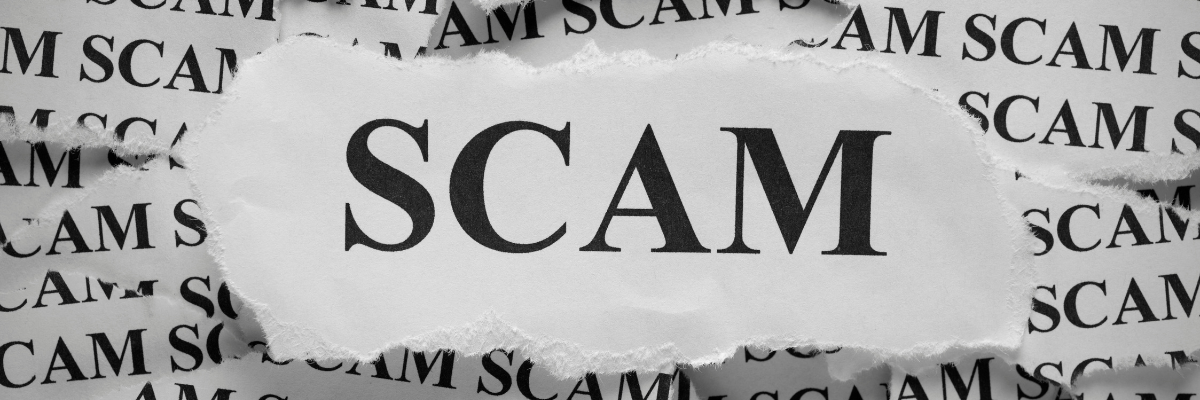 The secret shopper scam has been around for a long time but fraudsters are always adding new twists and tricks to scam victims out of their money. Recently, here in Fort Wayne and Huntington, we’ve seen the Walmart secret shopper check scam come up again. Take a few minutes to lean what the scam is, how it works, and what Walmart has to say about it. It could help protect your and your loved ones should they become a target of this type of scam.
The secret shopper scam has been around for a long time but fraudsters are always adding new twists and tricks to scam victims out of their money. Recently, here in Fort Wayne and Huntington, we’ve seen the Walmart secret shopper check scam come up again. Take a few minutes to lean what the scam is, how it works, and what Walmart has to say about it. It could help protect your and your loved ones should they become a target of this type of scam.
What is the Walmart Check Scam?
The Walmart check scam typically starts with an email or message inviting you to participate in a secret shopping assignment at Walmart. The scammer may claim to be from a market research company or a mystery shopping firm. They’ll promise you a hefty payment for evaluating a Walmart store or purchasing a specific item.
Here’s the catch: the scammer will send you a check, often for a large amount, with instructions to deposit it into your bank account. They may ask you to wire transfer a portion of the funds or send them gift cards with the remaining funds from the check. They could also ask you to simply make the deposit then attempt to obtain your account information from where the check was deposited. The ultimate goal is to get money from you before you realize the check is fake.
Walmart’s Statement:
Walmart has issued a statement warning customers and secret shoppers about this scam:
“Mystery shopping, sometimes referred to as secret shopping, is where an individual is hired to “act” like a customer, and evaluate services at a business. Walmart does NOT utilize these services or hire associates to perform services on behalf of other retailers or companies. However, scammers take advantage of these types of programs by sending fraudulent solicitations via mail, text, or email to entice consumers to evaluate the retail experience. Often times these offers of employment are accompanied by a fake check made out for a large amount of money or otherwise offer immediate employment with a good salary and minimal effort required.”
Red Flags:
To avoid falling victim to this scam, be cautious of the following red flags:
- Unsolicited emails or messages with promises of high-paying secret shopping assignments
- Requests to deposit checks from unknown entities
- Demands to wire transfer funds or send gift cards to cover expenses or pay for services
- Poor grammar, spelling, or unprofessional communication
Conclusion:
Remember, if it sounds too good to be true, it likely is. Always verify the authenticity of secret shopping assignments and never deposit checks from unknown sources. If you’re unsure about a potential scam, please contact the credit union immediately, we’re here to help protect you and your finances. You can also report it to the Federal Trade Commission (FTC) or your local authorities.
Additional Resources:
- Walmart’s Official Statement: https://corporate.walmart.com/privacy-security/fraud-alerts
- FTC Scam Alerts: https://reportfraud.ftc.gov/#/
Stay up to date on all types of fraud and scams that are circulating in our area. FRAUD ALERTS




